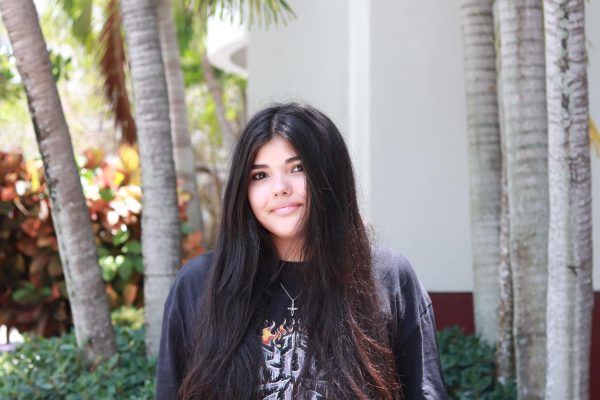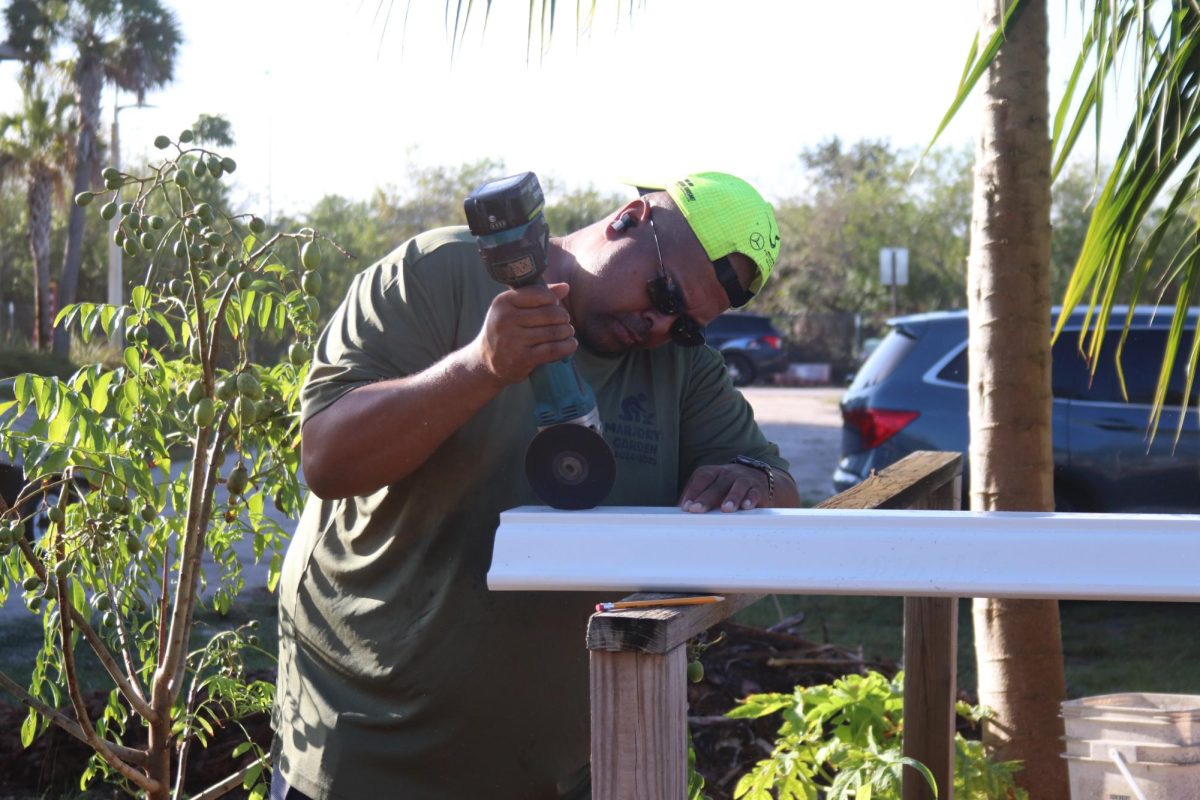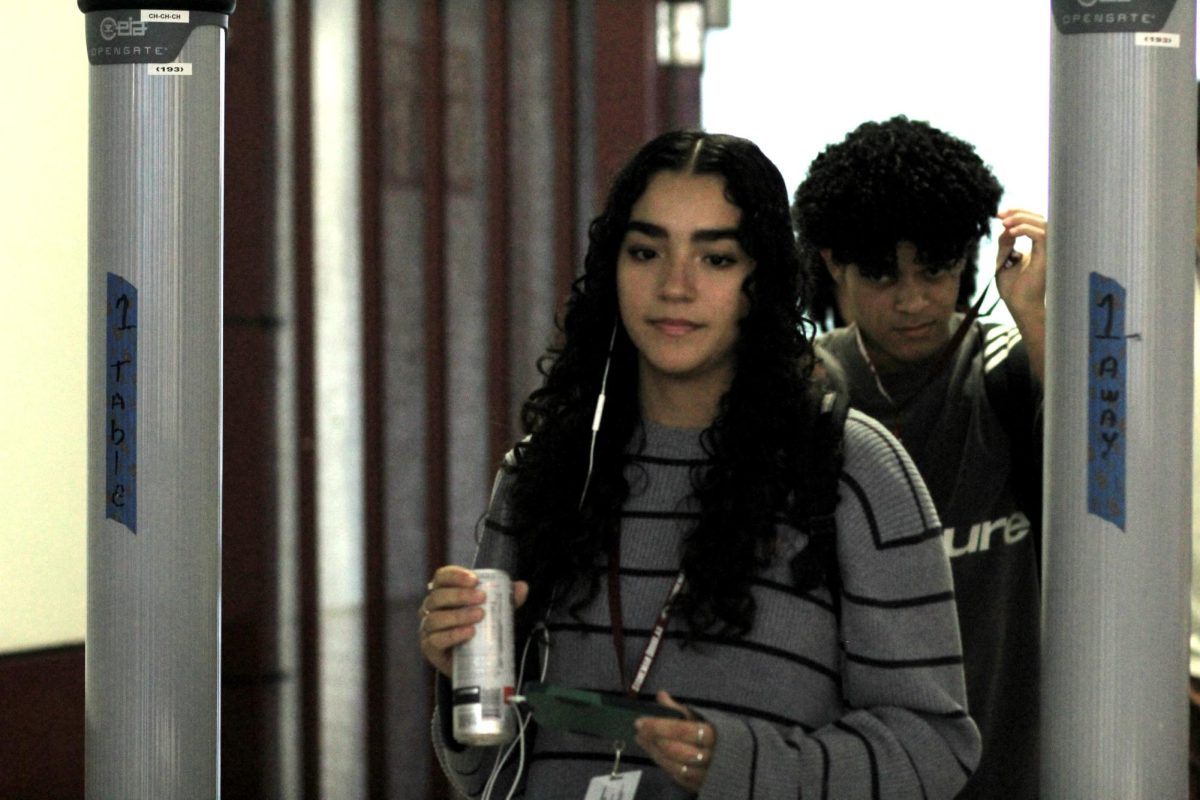Video-chat website Omegle was shut down on Wednesday, Nov. 8 due to a lawsuit from a sexual abuse survivor. This legal action, coupled with the challenges of maintaining the website’s integrity and security, led to its ultimate closure. The case underscores the broader issues of online safety and the responsibility of platforms to protect users, particularly minors, from harm and exploitation.
Omegle, created by Leif K-Brooks in March 2009 when he was just 18 years old, initially provided a platform for individuals, particularly teenagers, to engage in free online chat with strangers from around the world. The website was accessible to 13-year-olds with parental or guardian consent, allowing users to socialize without the need for registration. When interacting on Omegle, users were paired with strangers, with their names displayed as “Stranger” and “You.”
During the COVID-19 lockdowns, Omegle experienced a significant surge in popularity, especially among teenagers. Google Trends research indicates that the platform reached its highest traffic volume ever in December 2020, with nearly 29.4 million people visiting the website during the peak of the pandemic. Influencers on platforms like TikTok played a crucial role in promoting Omegle, contributing to its sustained popularity even after the pandemic subsided.
Only people who were 18 years of age or older were permitted to use the website after the rules were changed in 2022.
At the time of its closure, Omegle was facing a $22 million lawsuit from a former user who had been exploited for child sex, which had been filed in Oregon in 2019. In 2014, the plaintiff, who was eleven years old at the time, discovered a Canadian pedophile on Omegle who had been using blackmail to coerce her into doing sexual things for him for two years.
Omegle had been accused in the lawsuit of intentionally permitting minors to be paired with pedophiles by placing a warning splash screen that read, “Predators have been known to use Omegle, so please be careful.”
Even though those rules were put in place, it was still considered an easy access website. K-Brooks published an announcement on November 8, 2023, outlining the difficulties in maintaining the website and the final decision to shut it down. Among the difficulties mentioned there were attacks on communication services and the online exploitation of minors.
“I think it is fun in theory but once you go on it, it’s scary,” freshman Samantha Mahmood said. “I never used it except for one time and the first time I used it I got flashed.”
Numerous issues surrounded Omegle, most pertaining to people creating unlawful content, discrimination, pornography, and underage use of the website.The site implemented a profanity filter in early 2013.
“I do not think I have had a single good experience on Omegle,” sophomore Matthew Vanegas said. “It’s not the best place for kids considering the amount of inappropriate things people can see there.”
This site introduced a “monitored” video chat feature to keep an eye on misbehavior and shield minors from offensive material, such as nudity or sexual content. In 2010, K-Brooks voiced his dissatisfaction with the presence of sexual content on the platform.
Despite the implementation of monitored video chats to identify users displaying nudity or sexual material through IP address tracking, Omegle lacked a broadcast delay feature to protect minors from encountering harmful content at the start of a chat.
The heightened popularity of Omegle during the COVID-19 lockdowns led to numerous warnings from local and state law enforcement agencies about the growing risk of sexual exploitation of minors on the platform.
However, users could frequently get around bans because monitoring was not very effective. Omegle offered a “unmonitored” video chat in addition to its monitored video chat, which was not checked for sexual content. Introducing that option opened up more ways for these issues to continue more frequently.
Clicking on the link to the website reveals a lengthy paragraph written by K-Brooks, where he expresses his feelings about the situation at hand. It has been up since the date of shut-down and will remain there.
“There can be no honest accounting of Omegle without acknowledging that some people misused it, including to commit unspeakably heinous crimes,” K-Brooks said. “From the bottom of my heart, thank you to everyone who used Omegle for positive purposes, and to everyone who contributed to the site’s success in any way. I’m so sorry I couldn’t keep fighting for you.”
Omegle faced accusations in a lawsuit of intentionally allowing minors to be paired with predators, despite displaying a warning about potential risks. K-Brooks expressed gratitude to users who utilized Omegle positively and apologized for being unable to continue the fight for the platform’s positive aspects.
The closure was prompted by challenges such as attacks on communication services, online exploitation of minors, and persistent issues related to inappropriate content and misuse.




















![Freshman Anabella Karam draws a pink ribbon during the Health Occupations Students of America meeting on Monday, Oct. 28. They went over breast cancer as well as its effects and made cards for breast cancer patients. "I joined [HOSA] because I thought it would be a great opportunity to learn new things and compete in a field of study that interests me," Karam said.](https://eagleeye.news/wp-content/uploads/2024/10/IMG_0175-1200x800.jpg)



Shaqueefa Bermudez • Nov 14, 2023 at 8:56 pm
this is so sad ;-( I have so Manny good memories with Omegle ;-(
i wish i was back in 2021 with my friends when we used Omegle ;-(
much nostalgia